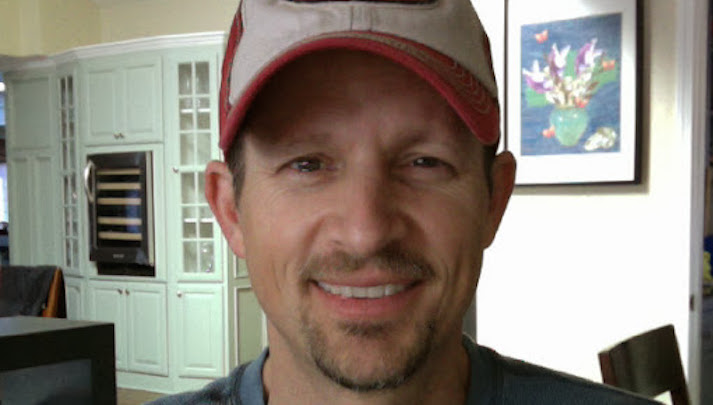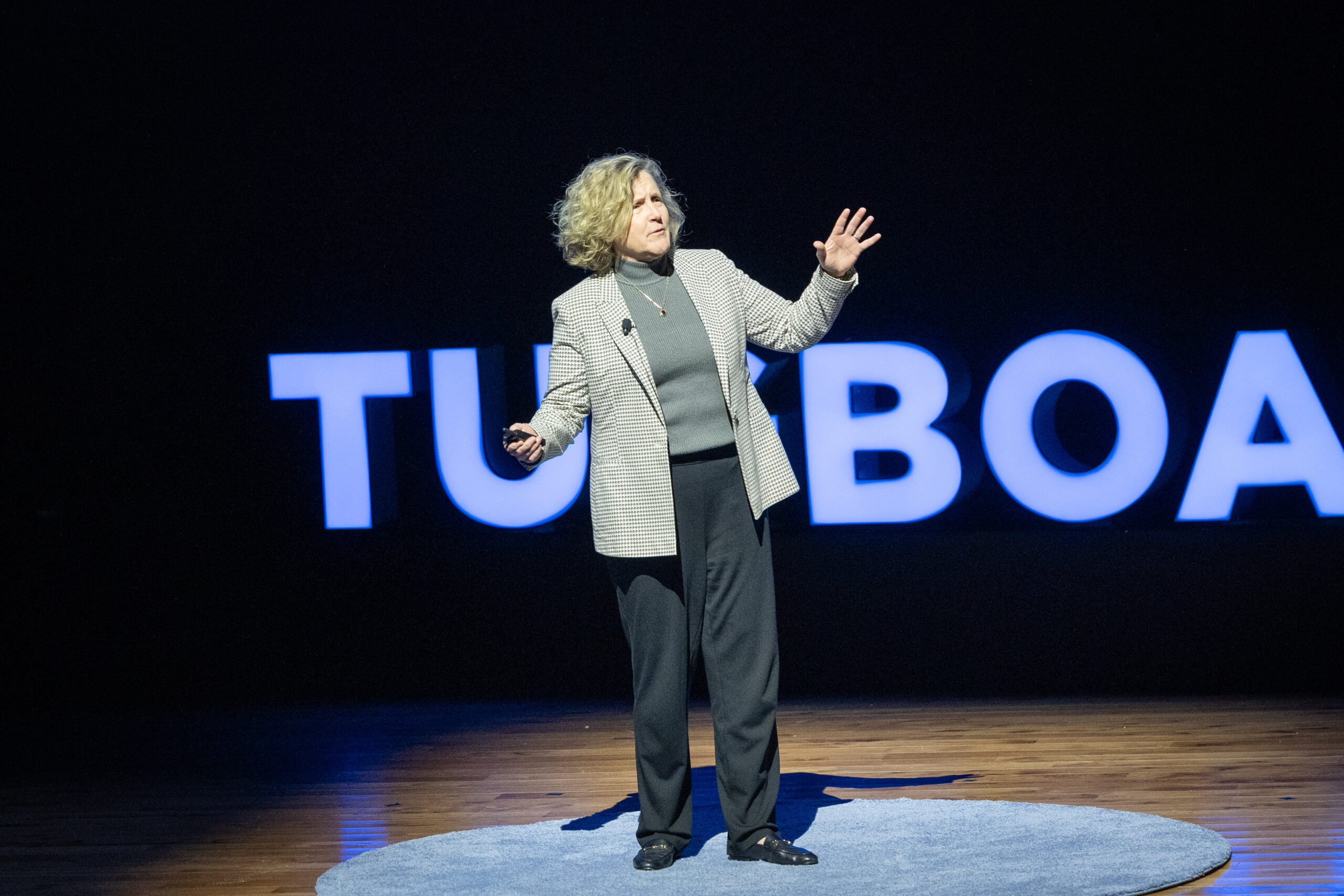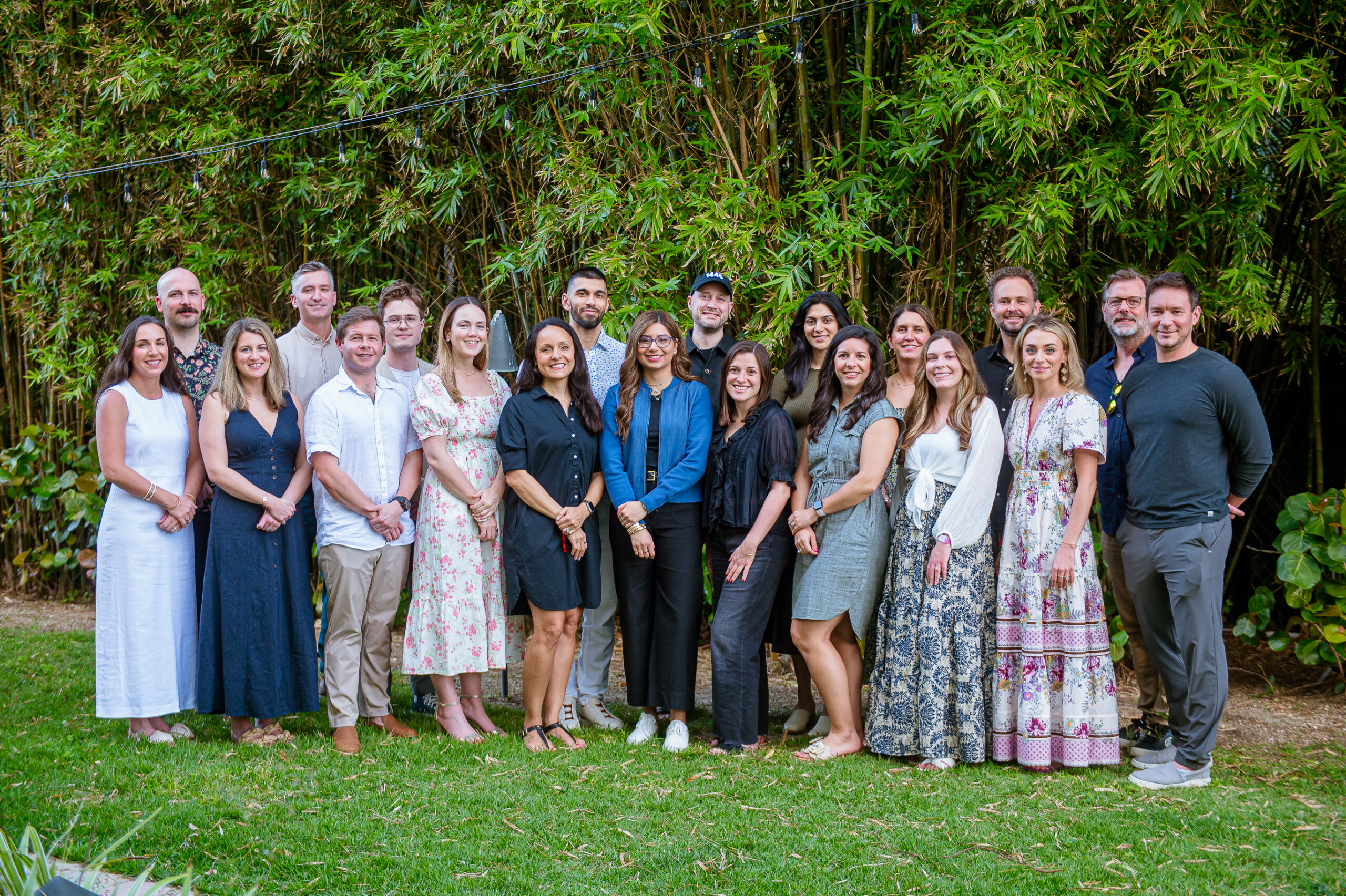

What Evergreen Entrepreneurs Can Learn From Marathon Runners
When Jeff Maggioncalda decided to train for a half marathon earlier this year, he did what many people do—he pushed himself to run as fast as possible.
“In high school track, I used to train so hard that I would vomit,” says Maggioncalda, the former CEO of Financial Engines. “I’d been coached that the harder and faster you train, the faster you’re going to improve.”
Maggioncalda knew that was not great for his health, so he did some research into the science of running, which showed that this theory was wrong. He stopped pushing the needle into the red and instead embraced a method called lactate threshold training. Put simply, lactate threshold training teaches that training at a slower pace—one that matches your current cardiovascular fitness level—actually maximizes your rate of improvement with respect to both speed and distance. Running more slowly at a consistent heart rate helps most runners improve their pace more quickly than if they train faster.
The idea behind the method is that as you exercise, you produce lactate. Anyone who’s overdone it while working out has probably heard of lactate—its buildup in the muscles is correlated with the phenomenon known as “the burn,” though it isn’t the cause of that sensation as previously thought. Runners can find their “lactate threshold,” or the intensity of exercise at which there is an abrupt increase in lactate levels, using a heart rate monitor. Once Maggioncalda learned how fast and at what heart rate he should run to keep clearing lactate from his body, he could run at a brisk pace for a longer period of time. By slowing down, he could go faster and longer.
Maggioncalda sees a parallel between this kind of training and running an Evergreen business. During his 18 years at Financial Engines, he learned to value slower, long-term growth over the quick hit.
Financial Engines was founded in 1996 by Joseph Grundfest, Craig Johnson and Nobel Prize winner William Sharpe; Maggioncalda was their first employee. Sharpe was concerned that people managing their new 401(k) plans didn’t know enough about markets to shepherd their accounts smartly. At the time, the plan was to build a company that would educate the masses about investing.
Financial Engines tried out many different business models, including selling educational software, selling software to advise people on their investments and selling a complete advising platform to investment companies.
As for any new company, there were plenty of bumps along the way. But Maggioncalda’s darkest moment came in 2001. The company had decided earlier that the quickest way to grow would be to sell to large enterprises—big advisory and brokerage firms that could use its products to more cheaply advise smaller clients. But it was becoming increasingly clear that this model wasn’t working.
Maggioncalda slowed down and looked at the feedback he was getting from customers. He realized that most 401(k) investors didn’t just want advice—they wanted someone to manage their accounts for them. He also realized that enterprise customers wanted too much customization for a scalable long-term business. Under his leadership, Financial Engines changed course to become a 401(k) managed account business. That meant laying off employees in the enterprise division and spending to build out resources like a call center to provide customers with human help when they needed it. These changes slowed the growth of the company but put it on a path to greater success.
After 19 years, Financial Engines has become the largest independent investment advisor in America, managing over $100 billion in 401(k) plans and serving more than 9 million individual investors.
“Although our investors didn’t like us growing slowly, we saw that this was the core business we should be in,” says Maggioncalda.
He’s thought back on that transition often while training with the lactate threshold method. The lesson he learned then is one Evergreen entrepreneurs can embrace now: They realize that investments that produce slower near-term growth often produce higher long-term gains. And with this long-term perspective, they can transform their companies into world-class businesses that create value not only through earnings but also through happy employees and executives who find satisfaction in working for more than just a quick exit strategy.
Maggioncalda’s training partner for the half marathon was his 17-year-old daughter, Lindsay. Despite her age advantage, Maggioncalda’s “go slower” training enabled him to race by her side for the full 13.1 miles, and they crossed the finish line together.
Jeff Maggioncalda was co-founder and was CEO for the first eighteen years of Financial Engines.
More Articles and Videos

Both/And Thinking: Harnessing the Positive Potential of Tensions
- Marianne Lewis
- Carl L. Linder College of Business, University of Cincinnati

Leading Through Uncertainty – Tugboat Institute® Summit 2025
- Jackie Hawkins
- Tugboat Institute

Get Evergreen insight and wisdom delivered to your inbox every week
By signing up, you understand and agree that we will store, process and manage your personal information according to our Privacy Policy




